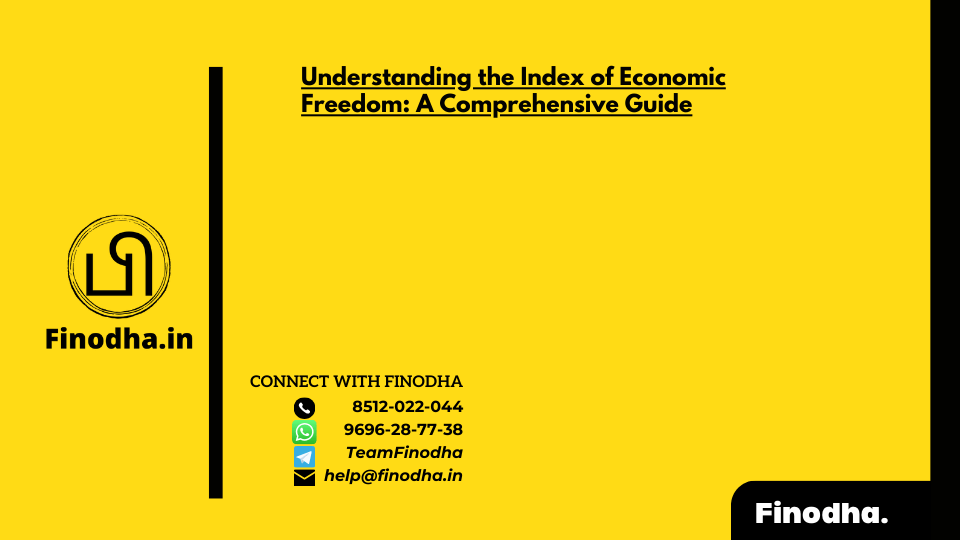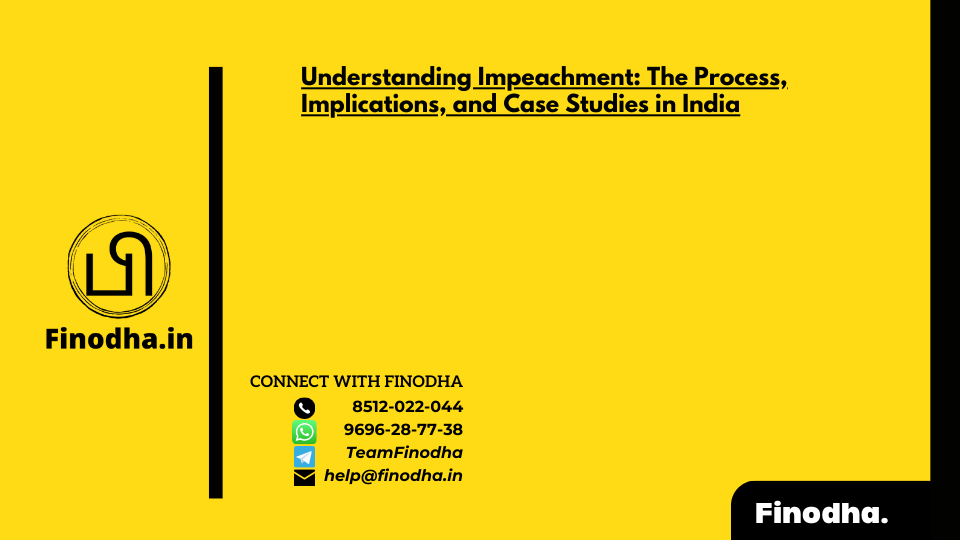Important Keyword: Economic Freedom, Heritage Foundation, Global Economic Ranking, Trade Freedom Criteria.
Words: 2793, Read Time: 15 Min
Table of Contents

What is the Index of Economic Freedom?
The Index of Economic Freedom is a comprehensive measurement that evaluates the economic environment of various countries and regions around the globe. Established by the Heritage Foundation in partnership with The Wall Street Journal, this index aims to provide a framework for assessing the level of economic freedom present in a jurisdiction. By quantifying economic freedom, it offers valuable insights into the effectiveness of policies that can promote or hinder economic growth and development.
This index operates on the principles that underpin a free economy, which includes aspects such as personal choice, voluntary exchanges, freedom to compete, and protection of property rights. The evaluation criteria feature key dimensions such as trade freedom, judicial effectiveness, tax burden, government spending, and regulatory efficiency. Each of these factors contributes to an overall score that allows for meaningful comparisons between different jurisdictions. For instance, trade freedom assesses how open a country’s borders are to goods, services, and investments while judicial effectiveness considers how well the legal framework upholds contracts and protects property rights.
Among the criteria considered, tax burden is crucial as it determines the extent to which a government’s taxation policies impact individual and business economic decisions. Furthermore, the government spending indicator evaluates how the allocation of public resources influences economic liberty. By integrating these diverse components, the Index of Economic Freedom presents a singular score that reflects the relative economic freedom enjoyed by citizens in different countries and regions.
The importance of the Index lies in its ability to inform policymakers, investors, and citizens about the economic climate of their country. Understanding the various elements considered in this index can better equip stakeholders to advocate for policies that enhance economic freedom, ultimately contributing to sustained economic growth and improvement in quality of life.
The Importance of Economic Freedom
Economic freedom refers to the degree to which individuals and businesses have the autonomy to make economic choices, including the ability to engage in voluntary exchange, own property, and operate enterprises. The Index of Economic Freedom, developed by the Heritage Foundation and the Wall Street Journal, ranks countries based on their level of economic freedom, taking into account various factors such as property rights, tax burdens, and business regulations. Understanding the significance of this ranking is critical for assessing the overall prosperity of nations.
The correlation between a country’s economic freedom ranking and the well-being of its citizens is evident in various aspects of life. Nations that demonstrate higher levels of economic freedom tend to experience greater levels of wealth creation, higher income, and improved standards of living. For instance, countries with robust economic rights and fewer government interventions often exhibit more vibrant entrepreneurship and innovation, leading to job creation and increased opportunities for their populations.
Moreover, countries that score well on the Index of Economic Freedom typically attract more foreign investment, as investors seek stable, predictable environments in which to allocate their resources. Economic freedom fosters an ecosystem where businesses can thrive, which ultimately leads to improved economic growth and stability. In contrast, countries with restrictive economic policies may struggle to provide their citizens with the same level of investment opportunities and improved quality of life.
Thus, the Index of Economic Freedom serves as a valuable tool for gauging the economic health of nations, revealing that the principles underpinning economic freedom are fundamental to enhancing the welfare of citizens. The implications of this understanding reach far beyond mere statistics, ultimately shaping the design and implementation of policies that promote prosperity and equality.
How the Index is Calculated
The Index of Economic Freedom is a comprehensive report that attempts to quantify the degree of economic freedom in a given country. This index is calculated based on several key factors that highlight the fundamental aspects of economic liberty. The methodology involves assessing various dimensions of economic freedom, which encompass rule of law, government size, regulatory efficiency, and market openness.
Specifically, the index evaluates ten quantitative and qualitative factors. These factors include property rights, judicial effectiveness, government integrity, tax burden, government spending, business freedom, labor freedom, monetary freedom, trade freedom, and investment freedom. Each factor is rated on a scale, which allows for a cumulative score assigned to each country, resulting in an overall freedom ranking. The methodology relies on both subjective assessments and hard statistical data, providing a comprehensive overview of economic conditions.
However, it is important to recognize that there are often disagreements among economists concerning the relevance of different criteria. For instance, some may argue that government size has a more substantial impact on economic freedom than labor regulations. Such variations in perspective can lead to different interpretations of how to assess a country’s economic environment accurately. Furthermore, changes in the global economy, such as shifting trade policies or emerging market dynamics, also complicate the assessment process.
The methodology used to calculate the Index of Economic Freedom is continually refined to reflect evolving economic realities. As such, it remains a vital tool for policymakers, researchers, and citizens who seek to understand the dynamics of freedom within different economies. By highlighting both methodologies and differing opinions, the Index serves to stimulate discussion on improving economic policies worldwide.
Types of Economic Freedom Index Ratings
The Index of Economic Freedom categorizes nations into distinct classifications that reflect the degrees of economic liberty experienced within a specific country. These classifications are essential for analyzing how economic policies vary globally and their implications for development and prosperity. The categories are ‘free’, ‘mostly free’, ‘moderately free’, ‘mostly unfree’, and ‘repressed’, each representing a different level of economic freedom and indicating the extent to which individuals and businesses can operate with autonomy.
Countries classified as ‘free’ enjoy high levels of economic freedom, characterized by minimal government intervention, strong property rights, and a vibrant entrepreneurial environment. In these nations, the regulatory framework promotes competition and innovation, often leading to robust economic growth and exemplary living standards. Conversely, when a country is ‘mostly free’, it typically maintains a market-driven economy, but with some structural impediments or occasional government interventions that may hinder economic activities.
Nations designated as ‘moderately free’ present a more mixed landscape, where existing regulations and controls may considerably restrict personal liberties in economic ventures, such as business ownership and market choices. These countries might still experience reasonable economic growth, albeit often hindered by inefficiencies or corruption. In contrast, countries classified as ‘mostly unfree’ and ‘repressed’ exhibit markedly higher barriers to economic freedom. The former demographic usually reflects an array of government restrictions that dampen entrepreneurship and limit property rights, while the latter classification signifies severe constraints, where government control over virtually all economic activities stifles development and prosperity.
Understanding these economic freedom ratings is crucial for policymakers, investors, and scholars alike, as they provide valuable insights into the economic environment and guide decisions that affect growth trajectories and living standards globally.
Recent Trends and Updates in Economic Freedom
The Index of Economic Freedom, published annually by the Heritage Foundation, serves as a benchmark for assessing the state of economic freedom across the globe. The 2019 report revealed a dynamic environment characterized by significant developments that have shaped global economic landscapes. Notably, the report highlighted the top-ranking countries, including Hong Kong, Singapore, and New Zealand, which consistently exhibit high scores reflecting robust economic freedom.
Hong Kong maintained its status as the freest economy in the world with a score of 90.2, a commendable feat supported by its open market policies and minimal government intervention. Singapore also showcased its strong commitment to economic liberty, achieving a score of 89.4. Such rankings not only reflect the effectiveness of their governance structures but also emphasize the importance of policy frameworks that encourage entrepreneurship and investment.
As the report pointed out, several factors contribute significantly to these rankings, including regulatory efficiency, the protection of property rights, and the reduction of government size. The 2019 findings suggested a worrying trend in some regions. Countries experiencing increased government intervention, corruption, and restrictions on trade were noted for their declining scores, indicating a potential retreat from economic liberalization.
Furthermore, the report discussed implications for global economic dynamics, particularly in light of protectionist sentiments that have surfaced in various nations. The trends point to a critical need for policymakers to prioritize economic freedom as a cornerstone for promoting sustainable growth. As global interconnectedness increases, the balance between government influence and market freedom will remain crucial to fostering environments where economic prosperity thrives.
Leveraging the Index for Investment Insights
The Index of Economic Freedom serves as a vital tool for investors seeking to navigate the complexities of global markets. By providing a comprehensive overview of economic indicators, the index assists investors in evaluating not just the economic performance of countries but also their potential risks and rewards. This multifaceted approach enables investors to make well-informed decisions based on empirical data.
One of the primary advantages of leveraging the Index of Economic Freedom is its ability to highlight key economic trends. For instance, countries that score high in areas such as property rights, fiscal health, and regulatory efficiency typically present more stable investment climates. Investors can utilize these insights to identify regions that align with their risk tolerance and investment strategies. Furthermore, the index’s categorization of nations—ranging from “Free” to “Repressed”—provides a quick reference for assessing overall economic health and stability.
Additionally, the index allows for a comparative analysis of different markets, which can reveal opportunities or caution signals. By examining trends over time, investors can detect emerging markets exhibiting positive changes, such as improvements in governance or entrepreneurial environment. Conversely, a decline in index scores can serve as an early warning system for potential market downturns, prompting investors to reassess their positions. Investors can strategically use the index not only to identify entry points but also to devise exit strategies based on macroeconomic indicators.
Lastly, the Index of Economic Freedom can enhance portfolio diversification. By identifying markets with varying economic freedoms, investors can strategically allocate resources to balance risks and rewards. This multifaceted approach not only fosters global investment but also maximizes growth potential by engaging with diverse economic landscapes. Therefore, integrating insights from the Index of Economic Freedom into investment analysis can lead to more resilient and profitable investment strategies.
Case Studies: Economic Freedom in Practice
The Index of Economic Freedom serves as a crucial tool in assessing how various nations implement economic policies that align with principles of free market operations. By examining specific case studies, particularly in the context of India and its regions, we can glean insights into the tangible impact of economic freedom on developmental outcomes.
India, a country characterized by its immense diversity in economic practices and regional growth trajectories, offers an intriguing case study. Over the past several decades, India has undertaken significant economic reforms aimed at enhancing its level of economic freedom. These reforms have spurred growth in various sectors, with states like Gujarat and Maharashtra emerging as economic powerhouses. Gujarat, for instance, has streamlined its regulatory frameworks, reducing compliance burdens for businesses and fostering an environment conducive to investment. This implementation of economic freedom principles has been instrumental in attracting both domestic and foreign investment, leading to substantial improvements in infrastructure and job creation.
On the other hand, certain regions in India showcase the challenges that come with a lack of economic freedom. States like West Bengal and Bihar, which historically have adhered to more restrictive economic policies, have struggled to achieve similar growth trajectories. Poor regulatory environments, limited entrepreneurship opportunities, and bureaucratic hurdles have impeded their economic development. These contrasting scenarios highlight the direct correlation between the level of economic freedom and regional economic performance.
Additionally, the index reflects how other countries, such as Singapore and Chile, have thrived by adopting principles of economic freedom. Singapore’s strategic positioning as a global trading hub, coupled with its robust regulatory framework, underscores the significance of these components in fostering economic growth. Thus, analyzing these real-life instances not only illustrates the profound effects of economic freedom but also emphasizes its necessity in driving sustainable economic progress.
Challenges and Criticisms of the Index
The Index of Economic Freedom has garnered both advocacy and skepticism from various economists and policymakers. One of the predominant criticisms revolves around its methodology, which some argue oversimplifies the complex nature of economic systems. Critics contend that the Index quantifies economic freedom using a limited set of criteria, leading to a potentially skewed representation of a country’s overall economic health. This reductionist approach can disregard factors such as cultural context or political stability, which also significantly impact economic performance.
Additionally, some economists question the selection and weighting of the indicators used in the Index. For example, the focus on property rights, trade freedom, and fiscal health may overlook other important dimensions, such as social safety nets and labor rights. These elements are vital for understanding a nation’s economic landscape comprehensively. Furthermore, the reliance on self-reported data from various sources can introduce biases, leading some to criticize the Index for lacking objectivity. This raises concerns about the reliability of the rankings and suggests that a more multifaceted evaluation may be warranted.
<



